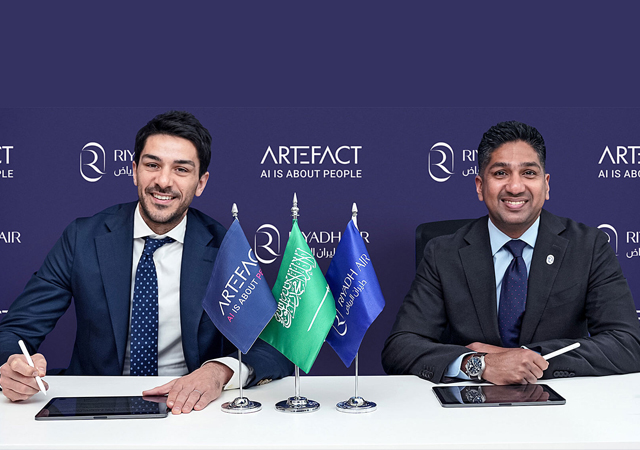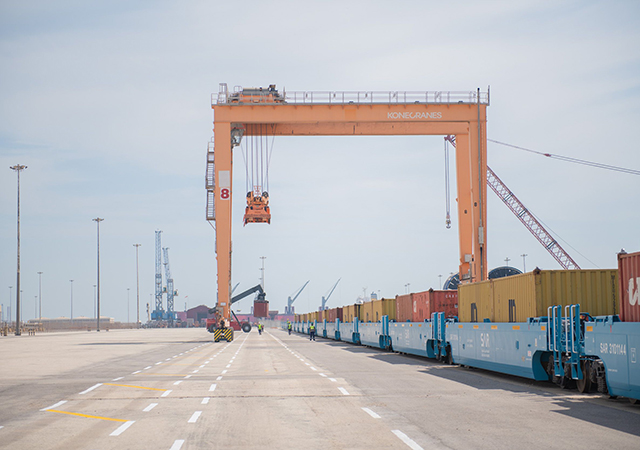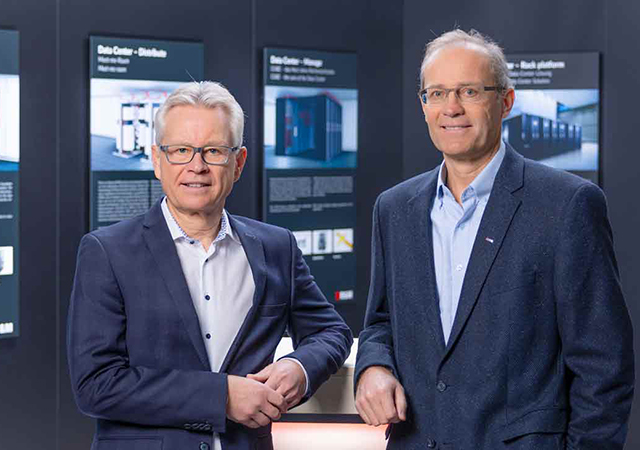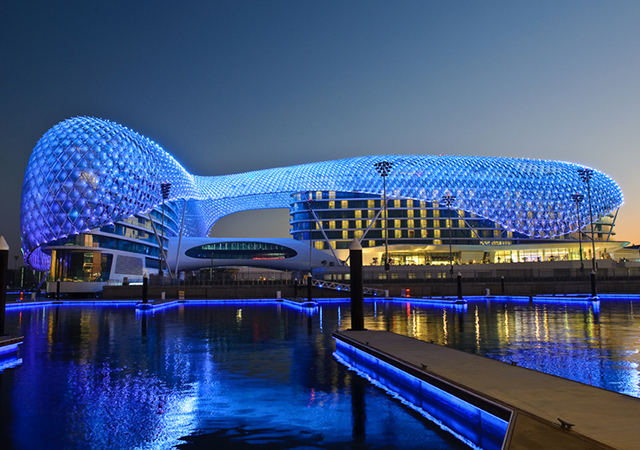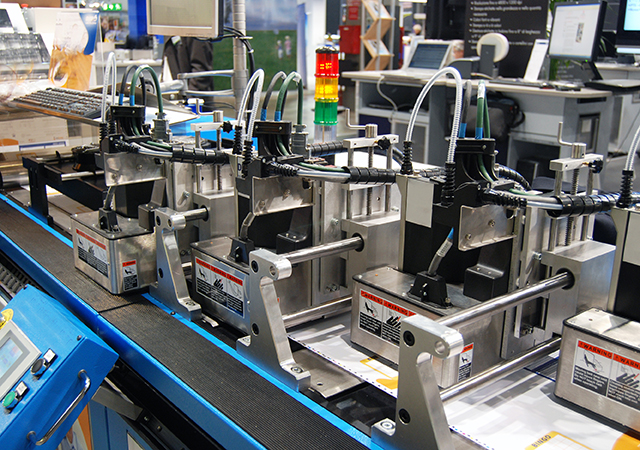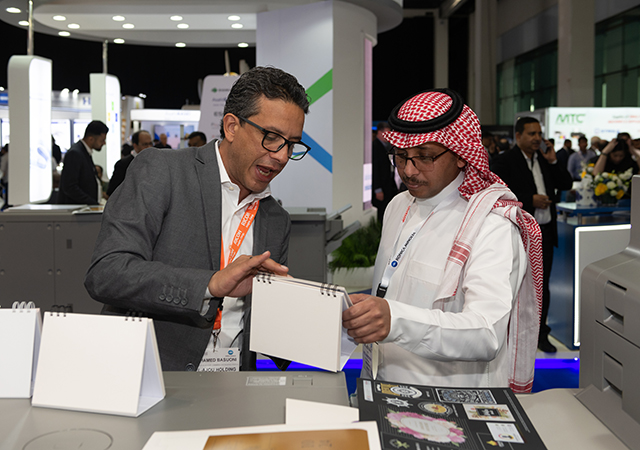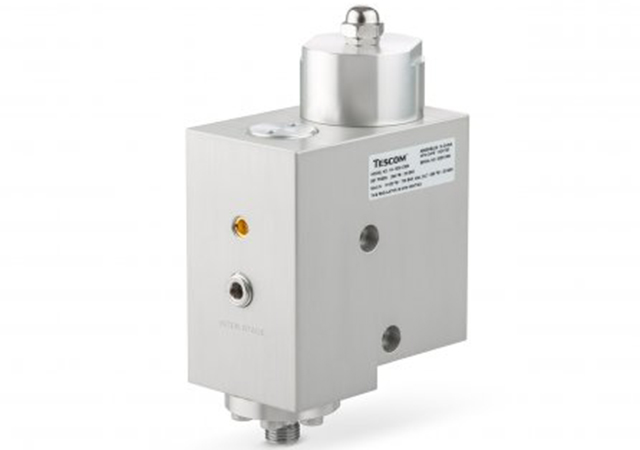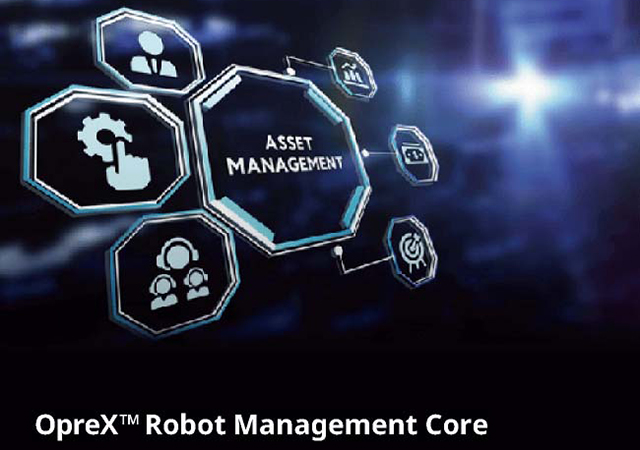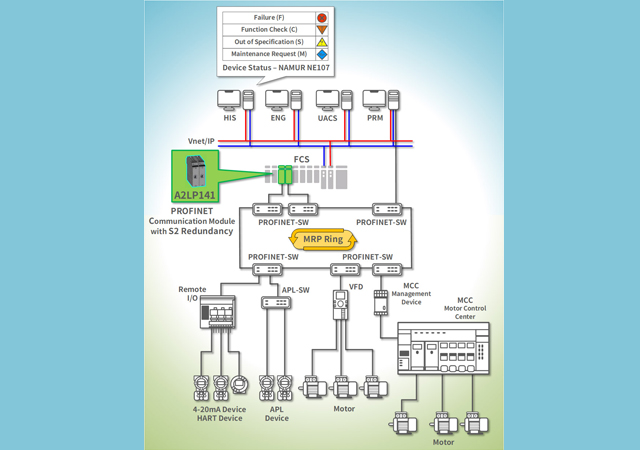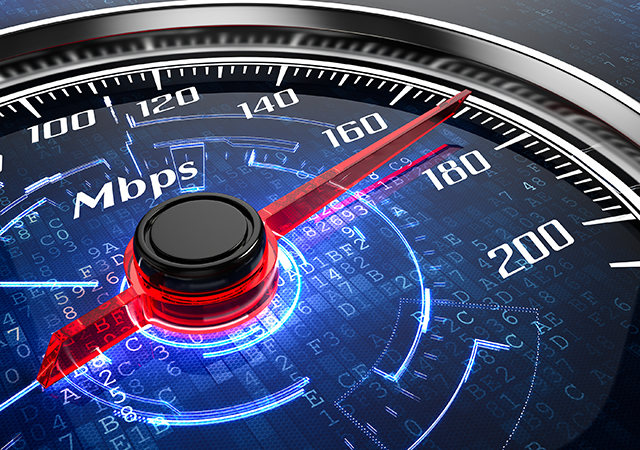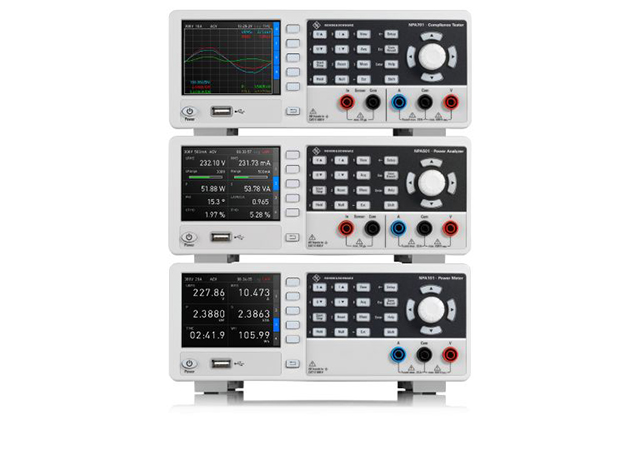
 Dewa: transforming UAE
Dewa: transforming UAE
Dubai Electricity and Water Authority (Dewa) is investing more than Dh86 billion ($23 billion) over the next five years as the emirate presses ahead with an ambitious clean energy strategy that seeks to generate 75 per cent of its total power capacity from clean energy sources by 2050.
In his keynote address at the 24th World Energy Congress, Saeed Mohammed Al Tayer, MD & CEO of Dewa, said the UAE as such is striving to achieve a critical transition to clean energy through the UAE Energy Strategy 2050 that aims at increasing the contribution of clean energy in the total energy mix to 50 per cent by 2050.
Currently, Dewa has an installed capacity of 11,400 megawatts of electricity and 470 million imperial gallons of desalinated water per day, and provides services to over 900,000 customers in Dubai through the highest levels of availability, reliability, quality and efficiency, said Al Tayer.
Al Tayer shared Dewa’s experience in anticipating and creating the future of energy by innovating a future model for utilities based on innovative disruptive technologies in the production, transmission, and distribution of electricity and water, as well as clean energy production to transform Dubai into a global centre for clean energy and green economy.
He said despite possessing one of the largest oil reserves in the world, the UAE has prepared early to deliver the last barrel of oil. “And today our nation leads global efforts in the clean and renewable energy sector through its strategies and investments.”
 |
Al Tayer: focused on future |
He said Dewa has an integrated vision to ensure energy security and sustainability that includes three main pillars. “The first is to produce more clean energy, especially solar energy, under the Dubai Clean Energy Strategy 2050. Our main projects include the $13.6 billion Mohammed bin Rashid Al Maktoum Solar Park. It is the largest single-site solar park in the world, based on the Independent Power Producer Model, with a production capacity of 5,000 megawatts by 2030.”
The second is to decouple the desalination process from the production of electricity, and desalinate water using solar energy. “Dewa aims to produce 100 per cent desalinated water by 2030 using a combination of clean energy sources and waste heat. The Third is ‘Disrupting the role of utilities by digitisation using the Fourth Industrial Revolution’s disruptive technologies, such as Artificial Intelligence, UAVs, energy storage, blockchain, the Internet of Things and many more,” said Al Tayer.
He said Dewa’s efforts, together with the efforts of other government organisations and private institutions in Dubai, have achieved an astounding 19 per cent reduction in carbon emissions of Dubai when compared to the business as usual scenario, two years ahead of the targeted date. “This exceeds our Carbon Abatement Strategy 2021 target to reduce carbon emissions by 16 per cent by 2021,”
he said.
Energy experts speaking at the congress said achieving sustainable energy, designed to provide present and future generations with clean energy without harming the environment is real.
“But its formation requires a decisive transformation of the global energy system, which implies the development of an appropriate technological base, the unified political will of different states and stable international cooperation.”
RENEWABLES ARE KEY
According to him, renewables are key to achieving a sustainable economic, social and environmental development and Dubai has become a pioneer worldwide in developing clean and renewable energy.
“Dubai has developed a number of techniques and practices to enhance the efficiency of the energy sector while rationalising consumption and finding alternative solutions to conventional energy,” Al Tayer said.
The emirate is slowly and steadily pursuing its ambition to strengthen its position as a hub for sustainable investments worldwide.
For instance, The Dubai Clean Energy Strategy 2050, aims to convert the emirate into a centre of green energy and economy. The strategy has earmarked an investment outlay of around 600 billion dirhams ($163.3 billion), mostly in generating power from clean energy sources.
The Dubai Clean Energy Strategy 2050 consists of five pillars: infrastructure, legislation, funding, building capacities and skills and having an environment-friendly energy mix, it aims to provide 75 percent of Dubai’s total power output from clean energy by 2050.
To align with the objectives of the strategy, Dewa has launched several green programmes and initiatives, such as the Mohammed bin Rashid Al Maktoum Solar Park, the largest single-site solar park in the world, with a total investment of 50 billion dirhams ($13.6 billion) and a planned total production capacity of 5,000 megawatts (MW).
“Upon completion, the solar park will reduce at least 6.5 million tonnes of carbon dioxide emissions annually and provide thousands of jobs in clean energy and green economy,” Al Tayer said.
Al Tayer noted that technologies are more and more impacting different industries within the green economy.
“Dewa’s efforts are focused on entering the race for the future by employing the Fourth Industrial Revolution’s disruptive technologies such as Artificial Intelligence (AI), unmanned aerial vehicles, energy storage, blockchain, and the Internet of Things (IoT) as well as developing technical infrastructure and state-of-the-art customer centres with advanced solutions,” he said.
EXPO 2020 PLANS
EWA is Dubai Expo 2020’s sustainable energy partner and will provide 100 percent renewable energy through Mohammed bin Rashid Al Maktoum Solar Park.
“DEWA has allocated 4.26 billion UAE dirhams to support the infrastructure for electricity and water at Expo 2020 in Dubai, in accordance with the highest standards of availability, reliability and efficiency, with its latest smart systems,” according to Al Tayer.
The utility major has partnered with Expo 2020 and Siemens to develop Green Hydrogen, a first of its kind project in the Mena region, to produce hydrogen using clean energy.


